Researchers at Estonia’s Tartu University say they have found a way to use peat to produce sodium-ion batteries – a possible alternative to the lithium-ion batteries commonplace today.

So what?
This technology is dependent on the extraction of peat from bogs – a type of wetland ecosystem abundant across northern Europe. Bogs and other wetlands, however, are important carbon sinks, often sequestrating more carbon than comparable forest ecosystems. Draining these areas would, thus, lead to the release of large amounts of carbon dioxide. Although the researchers argue that the peat they use are waste products of other extraction methods, scaling up of such technology would mean that these unsustainable extraction methods are further incentivized and made financially attractive. Batteries, the solution to carbon emission-induced climate change, would then appear to contribute to further carbon dioxide release.
As the world moves towards renewable energy and electric mobility, batteries and storage systems have risen in importance and various technologies are being developed and tested as possible alternatives to the presently dominant lithium-ion model. With batteries set to scale up, the resource extraction ecosystem for battery development will be an important part of the transition. Making sure that the effects on natural ecosystems are minimal, or ideally regenerative, and that value chains prioritize human and environmental well-being will be important for a just and regenerative transition.
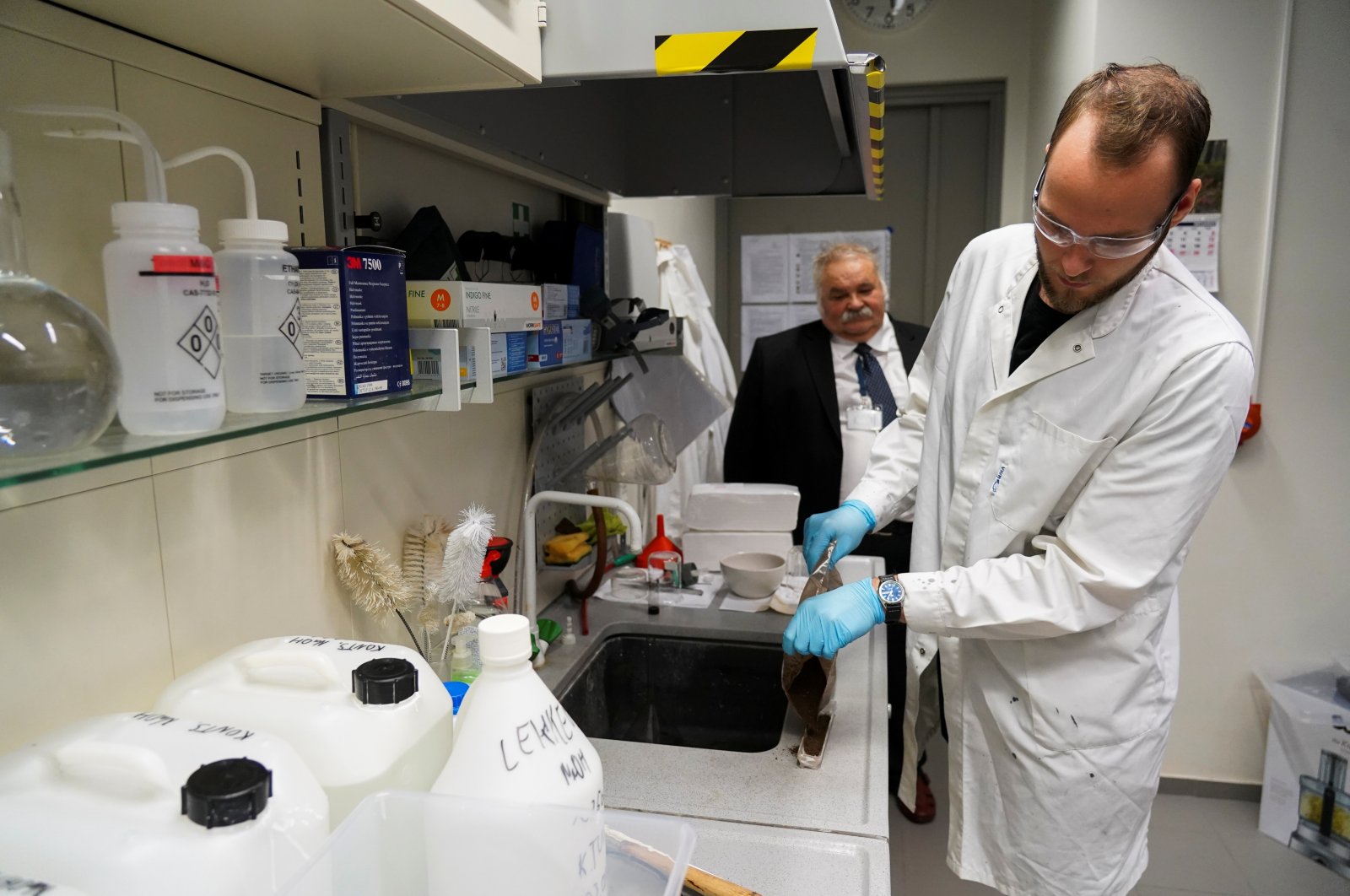
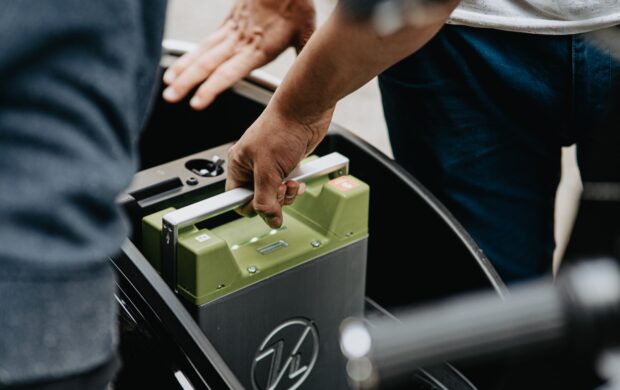
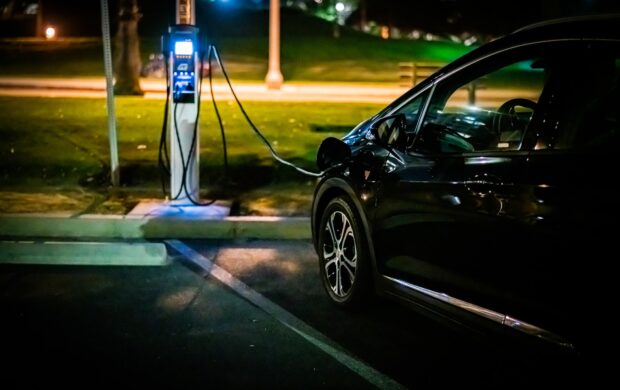


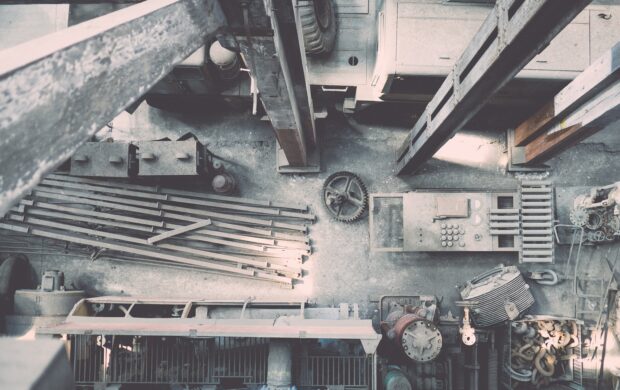


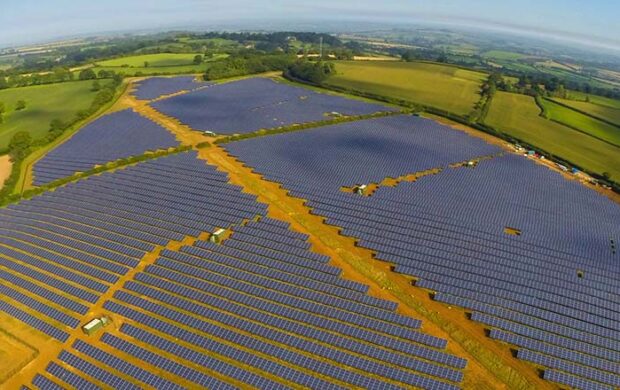





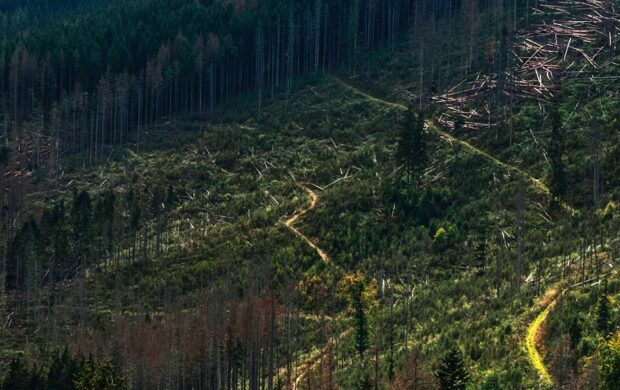


Join discussion